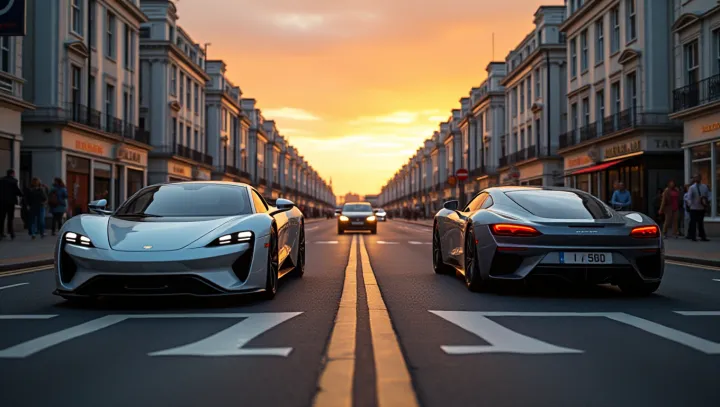Electric Cars and Traditional Autos: A Tug of War

Brighton, a city renowned for its vibrant culture, is currently witnessing a profound automotive transformation. The streets now host a growing number of electric cars, marking a significant departure from fossil-fueled vehicles. This phenomenon aligns with the city's ambitious environmental goals and reflects a global trend toward sustainable transportation.
The surge in electric vehicle adoption has garnered mixed reactions from the public and industry experts alike. Proponents highlight the environmental benefits and reduced carbon footprint, crucial for combating climate change. An industry expert and environmental advocate, Dr.
Julia Summers, emphasized that 'The shift to electric cars is not merely a trend. It is a necessary evolution to ensure a sustainable future.' However, this transition is not without its challenges. Traditional car enthusiasts raise concerns about the reliability and range of electric vehicles, especially in long-distance scenarios.
Tom Benson, a classic car club member in Brighton, expressed his doubts, stating, 'While the idea is noble, many people still rely on conventional cars for their daily commutes and cannot yet transition to electric models.' The debate intensifies as local authorities continue to implement policies favoring electric vehicles, such as dedicated parking zones and charging infrastructures. Brighton's City Council has set ambitious targets to phase out petrol and diesel cars within the next few decades, further fueling the discussion. As the automotive industry stands at this crossroads, the battle between innovation and tradition unfolds, with the stakes higher than ever.
Whether electric cars will fully eclipse their fossil-fueled predecessors remains uncertain, but their increasing presence in Brighton certainly signals a step toward a transformed urban mobility landscape.
